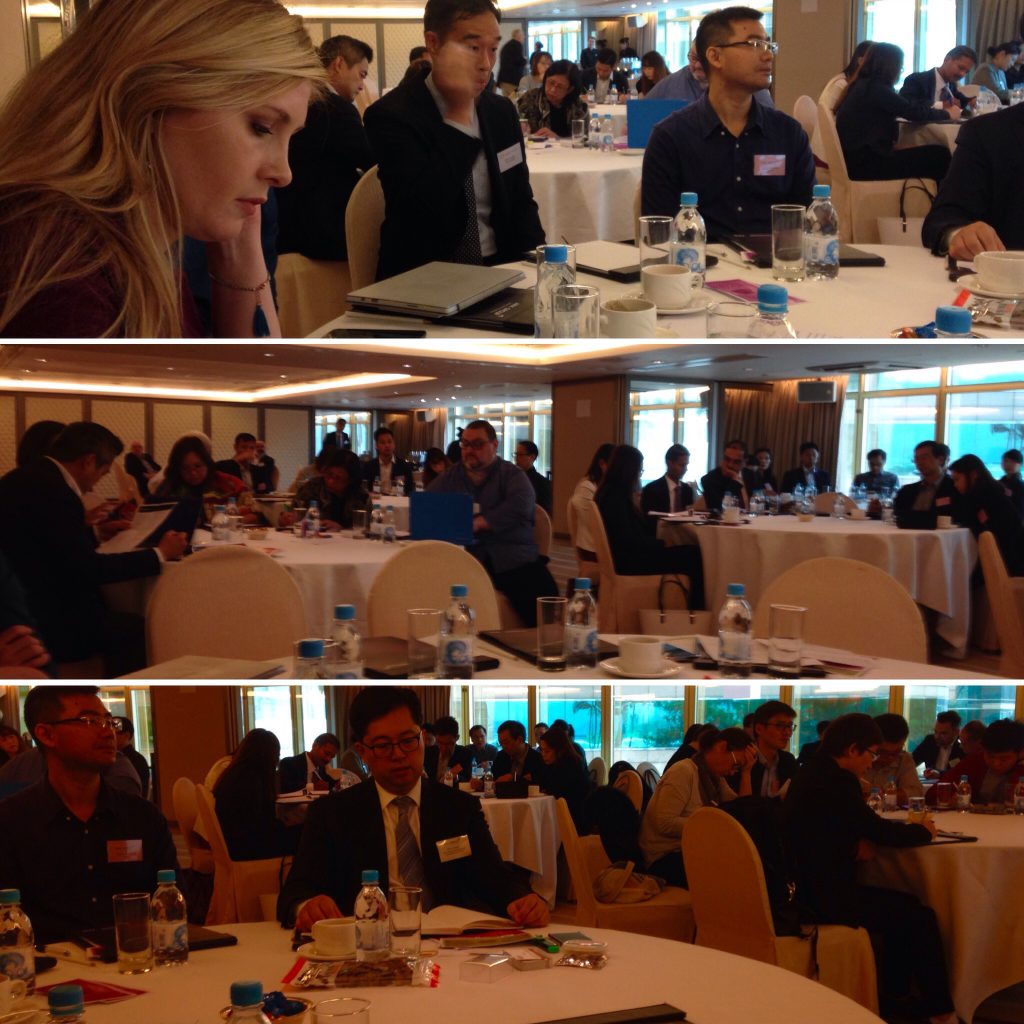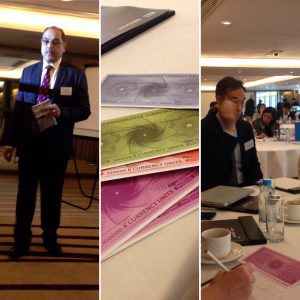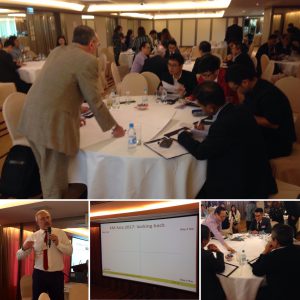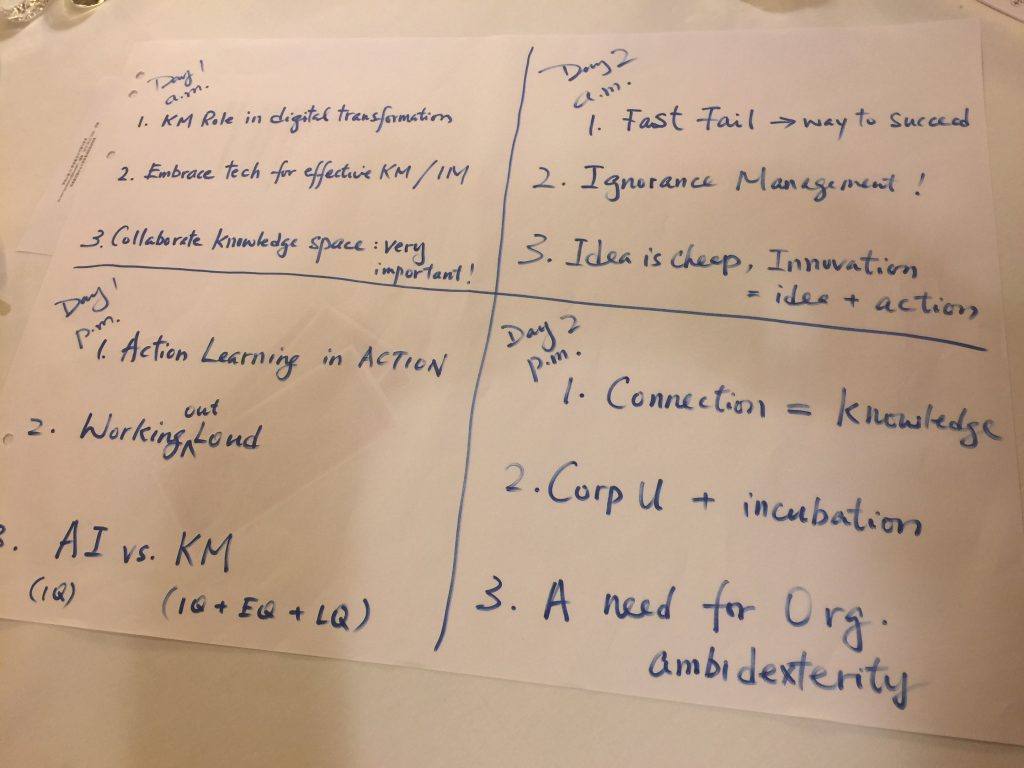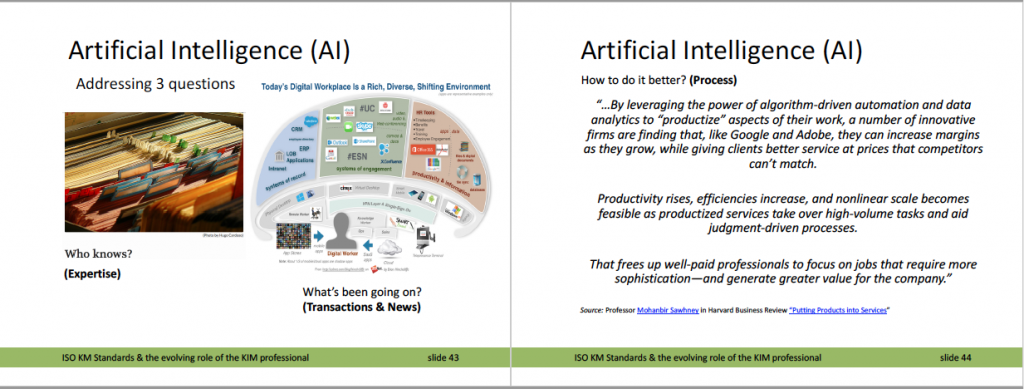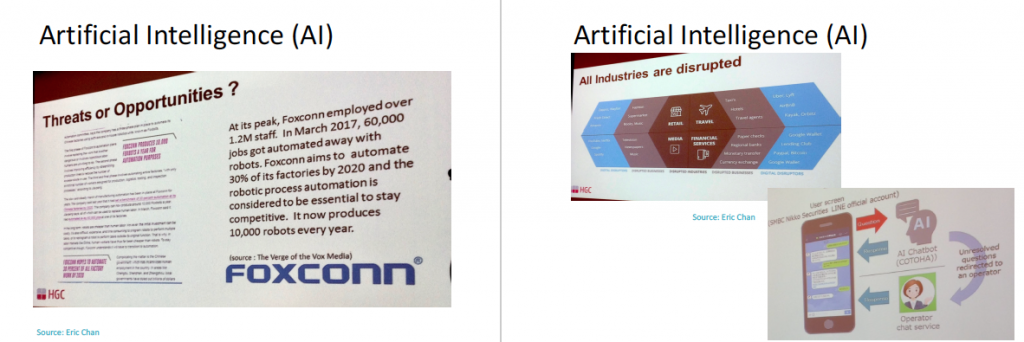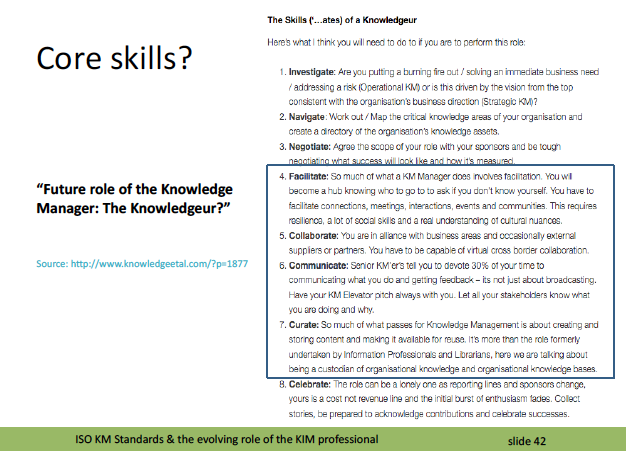Hands up, I wimped out and decamped to Lisboa to work and write when winter (Inverno in Portuguese) hit Eastbourne last week. I had a few people I needed to catch up with, some reading I’d promised I would do as well as prepping for forthcoming masterclasses.
Since my teens I’ve found a change of scenery / the right environment often acts as a catalyst for generating ideas. Indeed one of the questions I ask when trying to determine how knowledge flows in an organisation is “where do you have your best ideas or conversations?” The venue/space is important.
Which rather nicely brings me onto one of the books I vowed to read while I was by the Tejo.
The Elemental Workplace: Everyone deserves a fantastic workplace
I first heard Neil Usher at the SocialNow Event run by Ana Neves in Lisboa in 2017. He gave an entertaining presentation in which he presented his hypothesis that there are 12 essential Elements (design principles) all good workplace designs require. Coming hard on the heels of research I’d conducted earlier that year and a Masterclass I’d run in Asia on Collaborative Knowledge Spaces this was music to my ears. I’ve always believed in the importance of planning for “Orchestrated Serendipity” when designing spaces that encourage the sharing of knowledge. Neil’s presentation struck a chord and I vowed to go and see some of his projects.
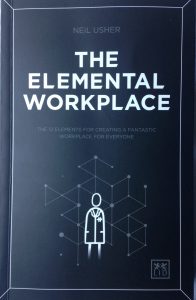
I was delighted therefore when I learned Neil had ‘put pen to paper’ and written “The Elemental Workplace” an easy to read tome that I imagine will become essential reading for people looking to create a stimulating enviroment in which to work.
Already my copy has plenty of dog ears and I found myself drawn to Part One – Why, and Part Four – What could possibly go wrong?
If you take nothing more away from the book than remembering these three quotes in Part One it will have been a good investment:
An effective workplace is one that is built on the principle of simplicity, an effective workplace is one that inspires and energises and an effective workplace is one that can facilitate learning and development.
Moving onto Part Four and this paragraph under the heading “Build it and they will come” stood out for me:
On your travels and in your research, you will discover amazing physical spaces that just do not work, because the creators believed that was enough. It is never enough. Change has to be nurtured, enabled, facilitated, continued. Build it and you will have just built it, nothing more.”
Perhaps my favourite sentence in the book is on on P36 under the heading “Ether”
A fantastic workplace can make a huge contribution to the customer advocacy of an organisation by creating a natural association with admirable values and looking after its people.
This is a book those involved in Knowledge & Information Management should read a few times. The checklists are great but you will have to work out who owns the collaborative knowledge space topic and where the idea fits in your own programme (if at all).
Murals changing society
And so to Lisboa where I spent a hectic Sunday morning out and about seeking examples of Street / Urban Art. Bear with me as I tell you why. Fortunate enough to live in Lisboa as well as Eastbourne I’ve been struck by the difference in the way some of the less salubrious parts of both cities have dealt with urban deprivation.
As the Head of GAU Lisboa Urban Art Gallery (GAU) explained:
The Galeria de Arte Urbana of the Departamento de Património Cultural (Department of Cultural Heritage), from Câmara Municipal de Lisboa (Lisbon’s City Council) has as it’s main mission the promotion of graffiti and Street Art in Lisbon, in a official and authorized scope and in a pathway of respect for the patrimonial and landscaped values, in opposition with the illegal acts of vandalism that harm the City.
The district of Padre Cruz is the largest Urban Housing development in Europe with some 8,000 homes. Violence, poverty, drugs and deprivation were rife in 2016 before the Municipality introduced the concept of Urban Art with the active engagement of the local community. The transformation has been amazing: residents now have a pride in their community and the incidence of crime has decreased dramatically.
I am not comparing today’s businesses with Padre Cruz but I am posing the hypothesis to those who are skeptical about the importance of creating the right environment for collaboration, knowledge sharing and human interactions – Orchestrated Serendipity!

Rua da Gloria Lisboa.
Back in Lisboa I found myself surrounded by numerous visitors all marvelling at the murals that have been painted in various parts of the city at the behest of GAU.
It’s not a coincidence that the resurgance of a vibrant artistic and technologically gifted workforce has at its fulcrum a decision taken by the Municipality to set up GAU at a time of deep austerity.
That they curate the work providing a legacy for future generations is also farsighted.
And finally
Why is this relevant? Because as part of our commitment to our community Bees Homes (the business we set up some 10 months ago) is working with the authorities in Eastbourne to try and transfer some of the knowledge gained in Lisboa and create a version of Urban Art here. We all know that a house ‘staged’ properly with good pictures will attract more buyers and achieve a better price than one that is not. The same surely applies to the environments in which we live and work?
Adapting Neil’s strapline: “Everybody deserves a fantastic environment that inspires and energises”
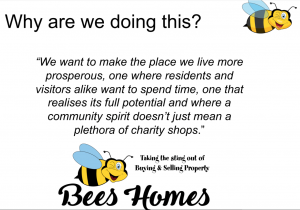

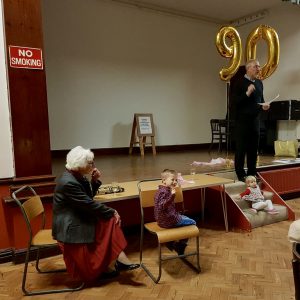

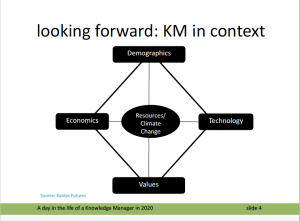 The backdrop:
The backdrop: